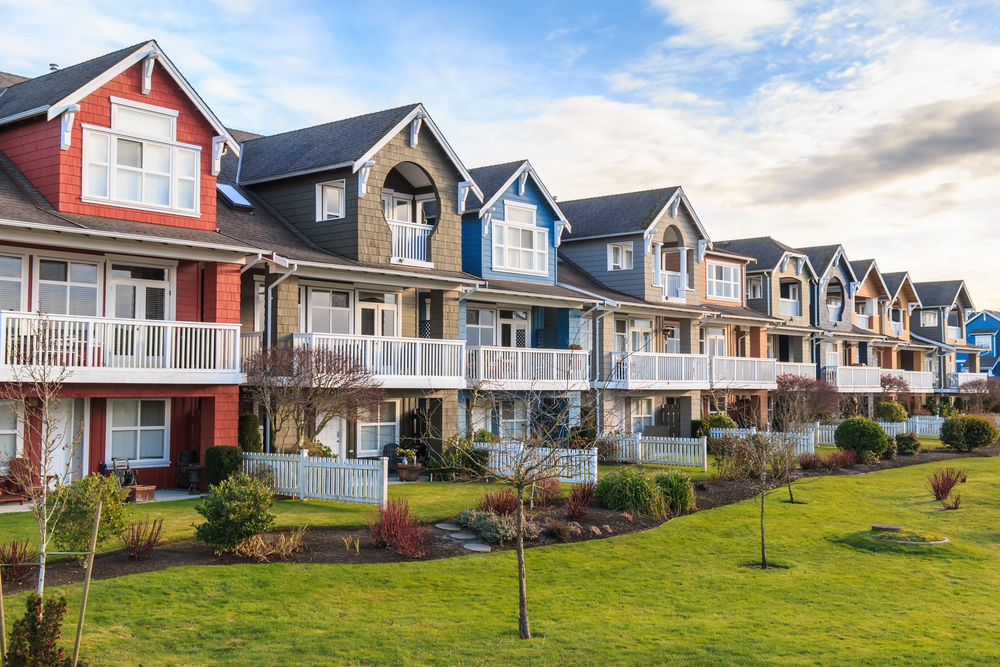How Much Should Sky High Rents Matter To Investors?
By Than Merrill
Rents are still rising at an alarming rate, but what does it really mean for real estate investors?
It’s no secret that rental rates are soaring across America. For some, that is great news. For others, it is a major cause for concern. So just how high are today’s rents? What’s driving this trend? What impact will it have on the real estate market?
Just how high are rents today?
Pinpointing exactly how fast rents are rising across the U.S. can be difficult, but talk to most people on the street in any popular city and they are sure to give you an earful about how they have been under increasing pressure to pay more rent over the last few years. Many of those that have moved might tell you that they are now paying more rent for less space. That is certainly the case for some cities. The following cities have some of the highest rents, and renters can expect to use a large percentage of their take home pay just to pay the lease:
- Los Angeles, CA (48.7%)
- San Francisco CA (45.6%)
- Miami, FL (44.3%)
- New York, NY (41.7%)
- San Jose, CA (40.2%)
The above data from Zillow isn’t too shocking. However, rent increases may also be tempered because of rising wages. Those changes aren’t even across the board. Of course, these figures are still well below the 55% or 60% ratios that subprime lenders were working with just a decade ago. However, Zillow warns that high rents are holding renters back from paying for healthcare, saving up down payments, and contributing to retirement savings accounts.
Why are rents rising so much?
There are two main drivers of high rents in today’s market. The first is demand. Homeownership has dropped to an incredible low, and home building hasn’t kept pace with population growth. Plus, there are thousands of homes still stuck in the foreclosure process that remain empty. That means that there are just more renters in the market competing over fewer properties. As a result, landlords can charge more for rent. They can charge as much as people can possibly pay.
The second factor is Airbnb. Hundreds of thousands of properties have been converted to Airbnb rentals. Many more have opened up guest rooms to Airbnb guests. These units are often advertised at higher rates than local hotels. Many landlords are preferring to go with Airbnb pricing.
The impact of high rents
Beyond renters cutting back on other living expenses, many are just getting priced out of where they have been living. In some cases, it gets to the point where there are no smaller units at any price. So renters have to move further, where housing costs are lower.
Prices, are increasing as a result. Sellers see that they can sell their properties for more because interest rates are low, and rents are up, and there are great spreads for investor buyers. Investors, especially those paying cash, are willing to pay more for properties as the rents and returns are up. If the stock market keeps floundering, this is a trend likely to continue to grow.
Not everyone is interested in owning, and this will somewhat depend on interest rate increases, and how fast income comes back. But make no mistake; it is cheaper to buy than rent in many places. Along with the tax breaks of buying a home, many won’t be able to keep ignoring this opportunity. There may be no shortage of renters, and there may still be plenty of room for rents to go up as incomes rebound, but expect to see more home sales in the near future.
For investors
Low interest rates and rising prices still make this a great time to buy real estate. Rising incomes can fuel further rental price hikes, without needing to pinch tenants tighter. This can be a great time to get out ahead of the pack. Find out which areas are growing. It may be an increasingly attractive time to sell too, as more sales with limited inventory will drive equity appreciation. There is only one question remaining: what will you do with the cash? Acquire more rentals while they are cheap? Maybe even flip houses to generate lump sums of cash?